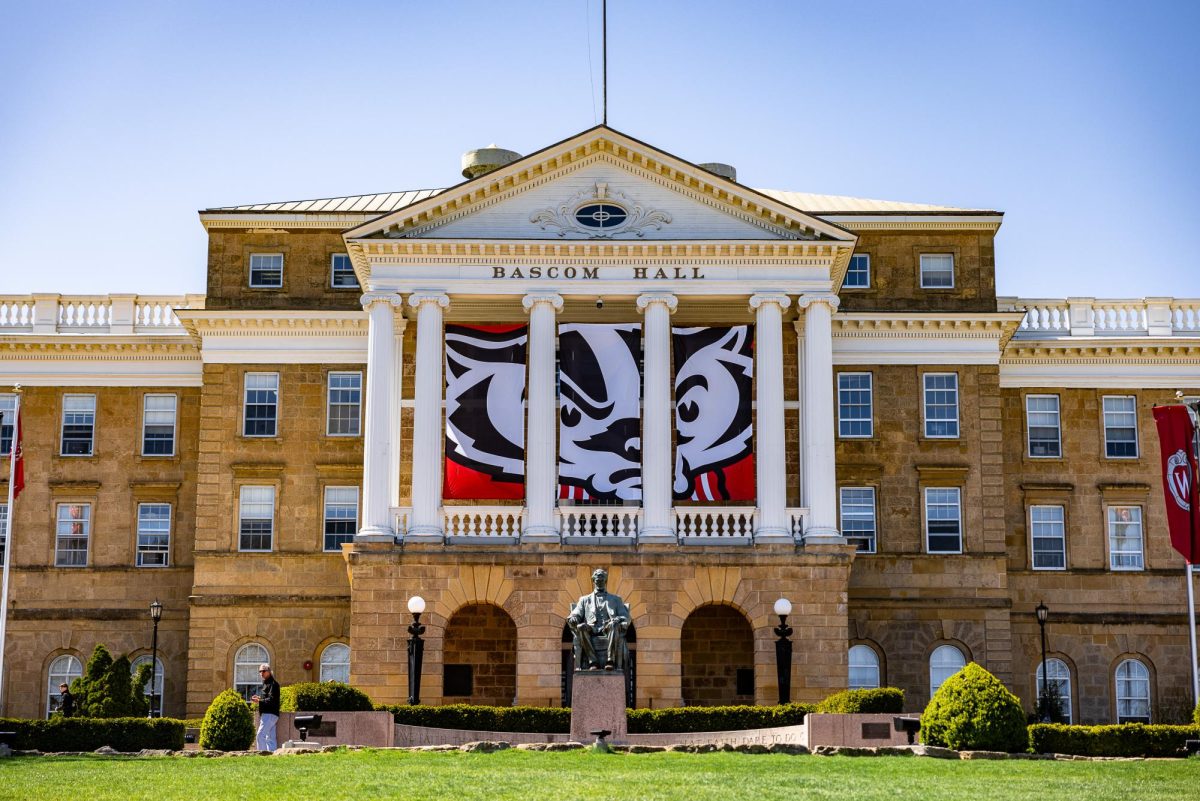One of the largest mining operations in Wisconsin history could soon be underway after the state Assembly votes on an iron ore mining bill Thursday.
The vote on the Republican-sponsored mining bill is the final opportunity for legislators to weigh in on the controversy surrounding the possible environmental impacts of iron mining before Gov. Scott Walker would sign it into law.
If the majority of Republican representatives vote according to party lines, the bill will pass and the company will be able to commence drilling in northern Wisconsin. Republicans hold 59 Assembly seats compared to 39 seats held by the Democrats.
The bill will lower the restrictions on environmental pollution and open the largest open taconite mine in the world, according to a statement from the Sierra Club, John Muir Chapter, the national environmental organization’s state branch.
Specifically, the mine would cause permanent damage to the waters of Lake Superior and Bad River Watershed, the statement said.
The metal contaminants that seep into groundwater will impact both the wildlife and the wetlands around the mine, according to the Environmental Protection Agency’s Technical Resource Document.
However, Rep. Kathy Bernier, R-Chippewa Falls, said in a statement released Monday the bill would have an impact on the environment but said that all human activities, such as building, logging and farming, have an impact on the environment.
She added all negative contaminants and pollutants from mining operations will be addressed.
“Environmental engineers already have a process to negate ill effects of the sulfides that exist in nature,” Bernier said in the statement, although she did not specify the process to be used.
The EPA report cites several ways in which the water table can be polluted through mining and noted such pollution is unavoidable if mining is conducted. The main danger to the water table is through physical exposure of raw ore and waste materials which contributes to sediment and surface water bodies, the report said.
However, Bernier contended the mine would allow for significant job creation.
“We care about the environment. We use steel. We need jobs,” said Bernier.
National Sierra Club board member and former state representative Spencer Black said he believes the bill will move forward because the Republican majority is in full support. Black also said he thinks the mining bill would cause lasting damage to northern Wisconsin’s environment.
Currently, the type of mines allowed in the state are not capable of causing extensive damage, Black said, but with the new mining bill the state would “accept pollution” as a policy.
“[The bill allows for the] filling of lakes and streams with waste rock and disruption of trout streams,” he said.
Black said Minnesota has already seen the negative consequences of taconite mining.
Smaller taconite mining companies in Minnesota have racked up over $2.1 million in fines in the last 10 years, according to an Oct. 2011 research study by the Sierra Club.
The harm to nature in Wisconsin will be “worse than Minnesota,” Black said, and will make Wisconsin “weaker than neighboring states” in terms of environmental protection.















